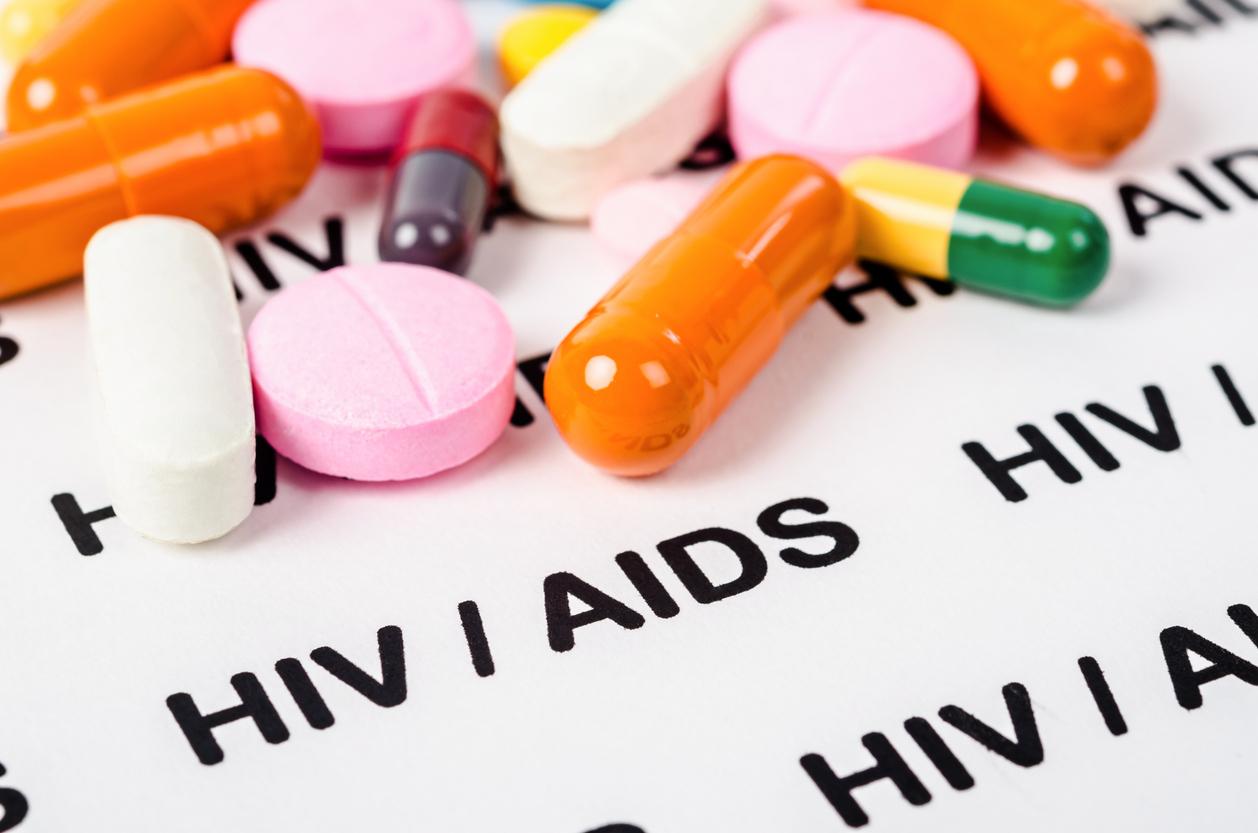A survey carried out in 14 hospitals in Île-de-France reveals an astonishing percentage of migrants who contracted HIV once they arrived in France.

- “The GANYMEDE study aimed to estimate, among men who have sex with men born abroad (migrant MSM), the proportion of those who contracted HIV after migrating to France.”
- “After their arrival, almost 62% of infected migrant MSM contracted HIV in France, including 13% during the first year.”
- “Contextual factors, such as the legal status of homosexuality in the country of birth, and individual factors, such as the level of social disadvantage and sexual behavior, may contribute to early acquisition of HIV after migration,” the researchers explain. .
The results of an in-depth study conducted among 1,159 migrant men by ANRS-MIE GANYMEDE revealed an alarming figure: “more than 6 migrants in 10” are affected by HIV after their arrival in France. The cohort also highlighted that the average age of participants was 43 years, with an average residence in France of 15 years. The most represented countries of birth are South America, Europe, North Africa, Sub-Saharan Africa and Asia-Oceania.
Factors linked to the acquisition of HIV among migrants
The data collected showed that HIV infection rates can vary depending on the continents of origin of migrants, with a higher percentage among the North African population. The reasons for immigration are varied, but 35% of participants say they attribute their departure to their sexual orientation. The average time between arrival in France and acquisition of HIV is 7.5 years, with 13.1% of cases occurring within the first year of their arrival on French territory.
Vulnerabilities encountered by migrants
A series of factors have been identified as being associated with HIV contraction during the first year in France, including age, socio-economic difficulties, origin from an African or Asian country- Oceania, and the high number of sexual partners from the first year: “All this accumulation of social vulnerability, a more permissive sexual life in particular for men who flee countries where homosexuality is reprimanded, means that this study highlights this data collected between 2021 and 2022”, specifies the ANRS which concludes that “These results call for preventive responses that combine these two dimensions. The authors also recall the importance of routinely collecting a small amount of key information allowing public health strategies to be adjusted to the ever-changing context of migratory movements.”


















